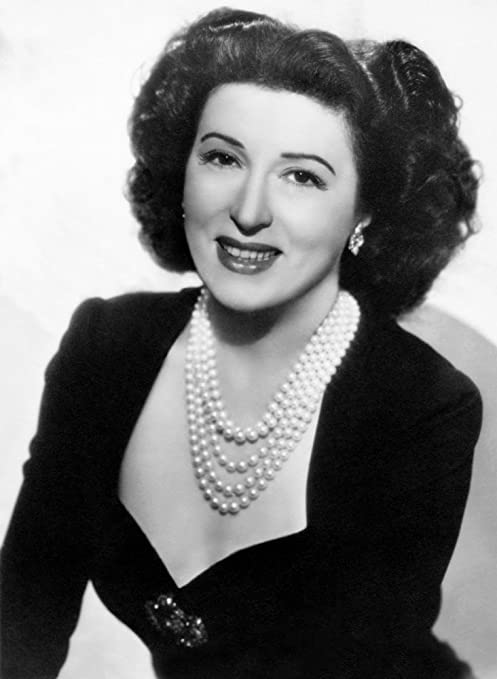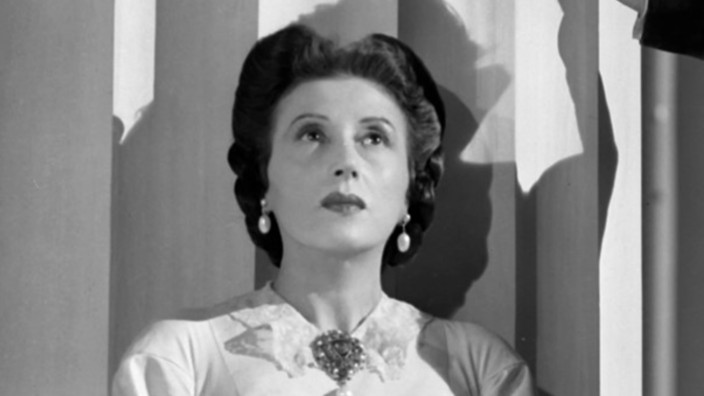By Billy Patramanis.
Katina Paxinou was known for her incredible acting career. To celebrate her life we are taking a look back at all her achievements.
Early Life:
From an early age, Paxinou began studying music and singing at the Conservatoire de Musique de Geneve, and later continued her studies in Berlin and Vienna.
Paxinou’s love of the stage and her pursuit of it as a career, led to her parents disowning her until she pursued a different career.
At the age of 17, after she completed her studies, Paxinou married her first husband, Ioannis Paxinos.

By 1920, at the Municipal Theatre of Piraeus, Paxinou made her stage debut in an opera version of Maurice Maeterlinck’s “Sister Beatrice,” with Dimitri Mitropoulos as the score.
After gaining gradual success, Paxinou made her play debut in 1928. She was a member of Marika Kotopouli’s troupe in Henry Bataille’s Athens production of “The Naked Woman.”
Acting Career:
In 1931, Paxinou’s life was about to change after she joined Aimilios Veakis’ troupe. While on tour, she met Alexis Minotis. They would go on to get married and work with each other between 1932 until 1940, when Paxinou becoming a permanent member of the Greek National Theatre.
While she was a member, she performed all across Europe in cities such as London, Frankfurt and Berlin.

However, during WWII, Paxinou immigrated to the United States. While in the US, Paxinou performed at the Broadway Theatre.
While Paxinou was relatively famous in Greece for her acting, she became internationally recognised in 1943, after starring in the film “For Whom the Bell Tolls.” Paxinou played the Spanish revolutionary, Pilar, in the film adaptation of Ernest Hemingway’s novel.
Her portrayal was excellent and was critically acclaimed. Her role led to Paxinou receiving a prestigious honour, being the first Greek to win the Academy Award and receiving an Oscar for Best Supporting Actress in 1944.
Paxinou returned to Greece to work with husband Alexis Minotis. While at the National Theatre, the two toured to the United States and Europe and Paxinou also performed at festivals.

Later life and Death:
During the Greek dictatorship of 1967-1974, Paxinou and Minotis created their own theatrical group.
While touring under their new theatrical group, they starred in many theatrical performances, most notably “Blood Wedding” by Lorca, “Juno and the Paycock” and “The wrestlers” by Stratis Karras.
Paxinou’s final theatrical performance was in the play “Mother courage,” and her last performance in film was in 1969, starring in “The island of Aphrodite”.
After her career, she settled down in Athens with her husband and her daughter from her first marriage with Ioannis Paxinos.
However, on February 22, 1973, Paxinou died from cancer at the age of 72.
She will be remembered as one of Greece’s greatest and most famous actresses, as well as becoming the first Greek to win an Oscar.

